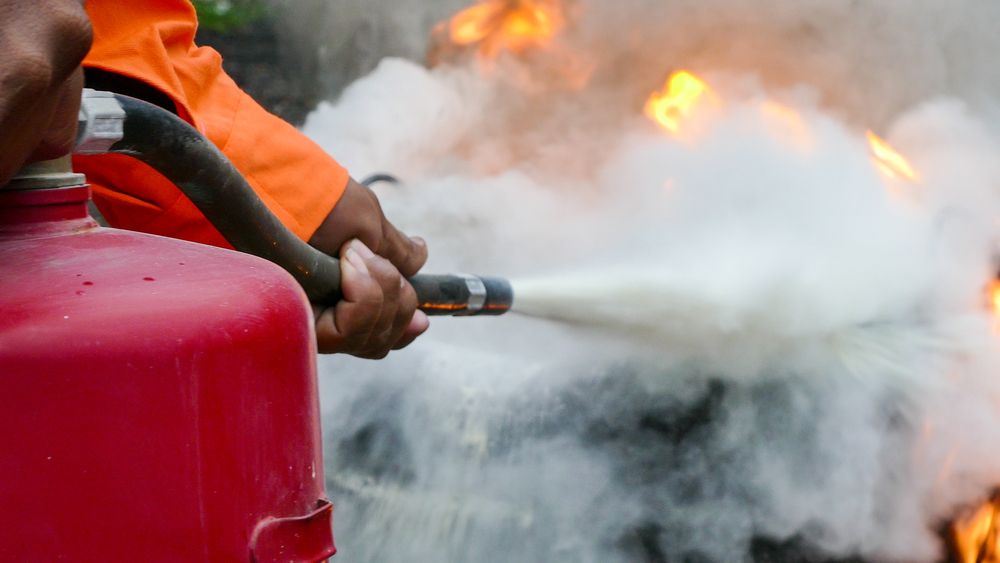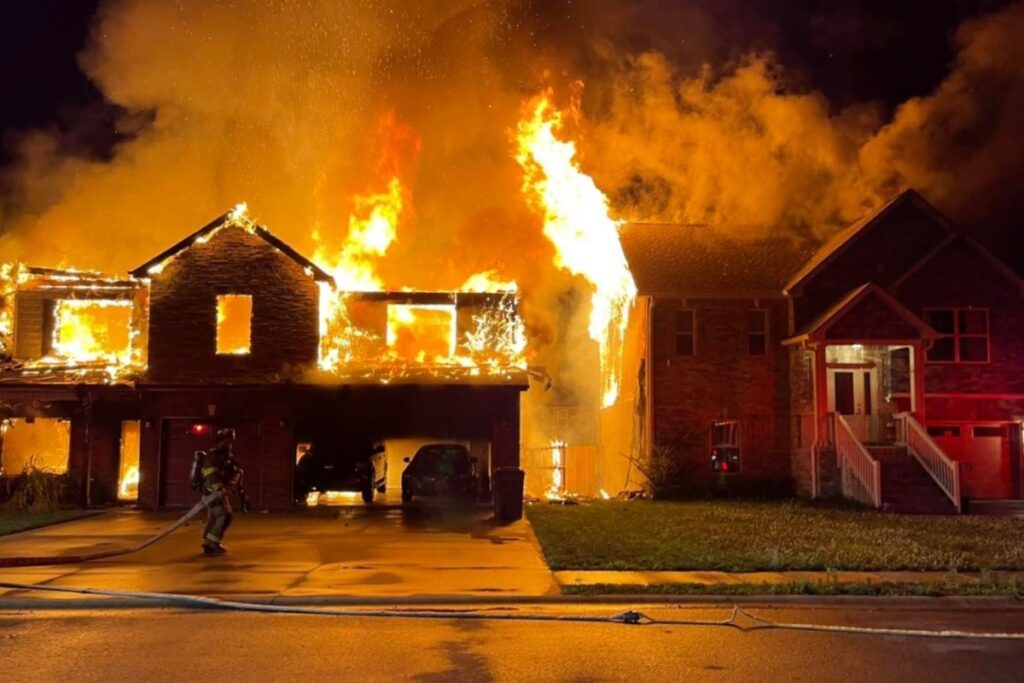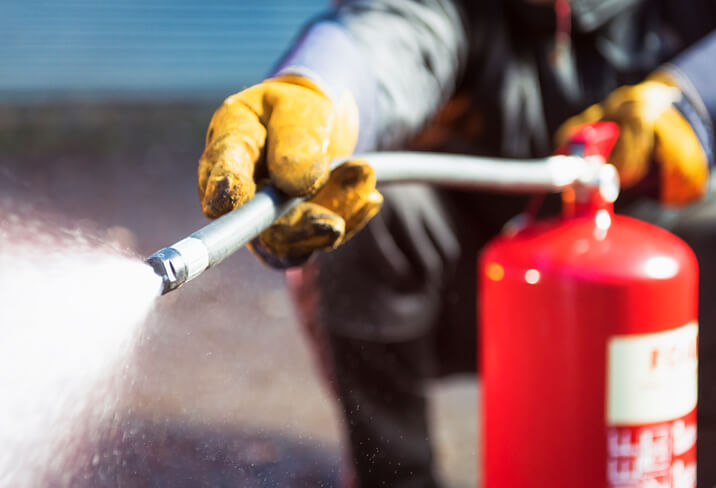When setting up a business in the UK, whether a school, a night club or a superstore chain staying up to date on fire safety protocols authorized by the fire safety service is essential. There is a maximum fine from fire safety officer that can be incurred when these protocols are not followed accordingly.
Most fire outbreaks in workplaces occur due to negligence or a lack of adherence to the laid down rules guiding safety against fires. Owners of businesses, no matter the nature, are in charge of enforcing these fire safety protocols in the UK.

How Do you Know If You Have Breached A Fire Safety Protocol?
In the UK, the local fire and rescue authority is tasked with the responsibility of making sure that fire safety protocols in places of business are up to date. This is done by carrying out risk assessment and fire preventive measures which is customized to meet the requirement of each business category. Saddled with the responsibility of interpreting the rules, fire safety officers are usually on ground to ensure that all safety protocols are complied with.
Penalties could be levied on establishments whose fire safety measures are found to be inadequate. However, before this is done an informal notice highlighting safety protocols which are lacking is served. This procedure varies from location to location, depending on prevailing zoning laws; a formal notice could still be served from the start, this of course due to severity of safety protocol breached.

Identifying Risk Factors
Usually amongst other important information to show that a building, irrespective of what it is being used for has preventive measures in place to battle a fire outbreak, a fire safety assessment must be capable of identifying remote risk factors that could lead to the start of a fire as well as flammable substances and a risk profile of target victims who could be affected in a hypothetical scenario.
All notices are designed to communicate inadequate measures in fire safety of different buildings and how to get them fixed. In the evident that these notices are not acted upon, then a penalty could be levied on the defaulting party.

Laws Guiding Fire Safety
The fire safety regulatory reform order of 2005 is the legal framework that oversees the decision-making process in this regard for both England and Wales. For Scotland, all affairs pertaining general fire safety is overseen by Part 3 of the fire act of 2005, whose article provision is closely supported by the fire safety regulation of 2006.
Employers of labor need to meet fire safety guidelines by running a self-assessment to prove that there is no risk of a fire outbreak as a result of daily activities carried out on their premises. This is also to eliminate causative agents such as harmful substances, in accordance with the DSEAR (dangerous substances and explosive atmospheres regulations) guidelines of 2002.

Types Of Notice
To avoid incurring maximum fine from fire safety officers, it is key to note the types of notices that could be served depending on inadequate measures discovered:
Notice of Alterations
A notice of alteration could be issued if the premises in question is identified as being high risk or has a potential of being a risk to people who might access their utilities in the future probably due to a change in the building use.

Notice Of Enforcement
When a major risk to life and property is not corrected and then detected by a fire safety officer on a mission to assess protocol adherence, a notice of enforcement is usually issued. This informs the owner or operator of the property changes that needs to be enforced as well as the timeline in which it has to be done by.
Notice of prohibition
A situation may arise in which fire safety officials thinks the property in question is so dangerous that access to it has to be halted or in extreme conditions sealed off. In this instance, a notice of prohibition is issued.

Appeal Of Notice
An informal review could be scheduled with a local fire safety official if a property owner or business operator is not in agreement with the terms stated in a notice served. In event that a notice issued is deemed unacceptable, an appeal can be filed with a magistrate court within a 21-day period of receiving a notice.
In case the verdict after magistrate court appeal is still not enough to resolve the matter, the home secretary assumes the role of an arbitrage and proceeds to put an end to whatever conflict might be lingering. This is called a determination.

Fines And Penalties
In not following fire safety rules and regulations, you could be fined. Worse, an offender could do prison time in some cases. There could be a minor fine that goes up to £5,000 and a maximum fine from fire safety officer could be unlimited. This of course depending on the guidelines that are determined to have been breached.
Violating fire safety guidelines comes at a cost, sometimes this penalties are pretty steep. Thus efforts have to be put in place, by making sure that constant fire risk assessment is carried out in-house to ensure that quality standards are met and fines of all kinds are avoided.











